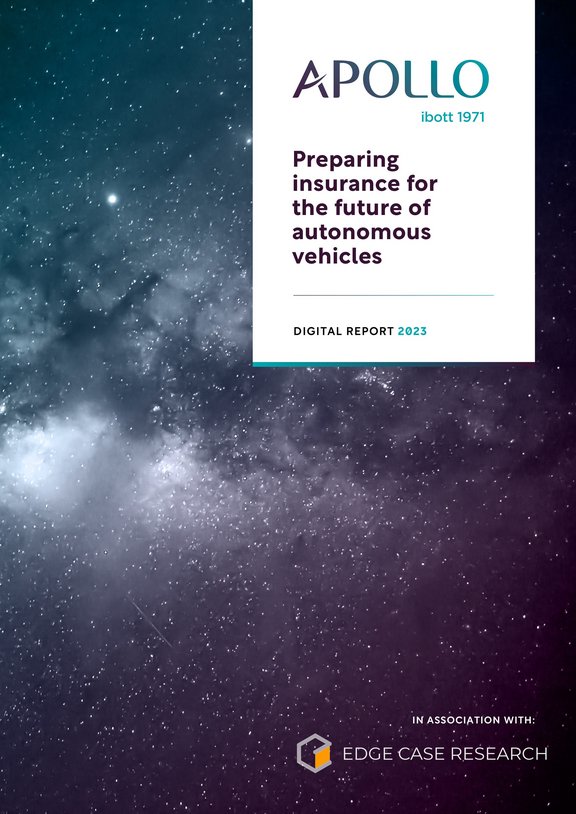
Navigating Digital Currency Regulations: A Regulatory Landscape
The world of digital currencies has rapidly expanded, introducing innovative financial ecosystems. However, this transformative technology brings forth complex regulatory challenges. This article explores the dynamic landscape of digital currency regulations, shedding light on the global frameworks that shape this evolving sector.
The Rise of Digital Currencies:
Digital currencies, including cryptocurrencies and central bank digital currencies (CBDCs), have gained significant traction in recent years. The decentralized nature of cryptocurrencies like Bitcoin and the potential issuance of CBDCs by central banks underscore the need for clear regulatory guidance.
Global Perspectives on Regulation:
Digital currency regulations vary widely across the globe. Some countries embrace cryptocurrencies as legal tender, while others impose strict restrictions or outright bans. The regulatory environment is shaped by economic, political, and cultural factors, leading to diverse approaches to digital currency oversight.
Consumer Protection and Fraud Prevention:
Given the decentralized and pseudonymous nature of many digital currencies, protecting consumers and preventing fraud are paramount concerns. Regulatory frameworks aim to establish measures for customer protection, secure transactions, and mitigate the risks associated with fraudulent activities within the digital currency space.
Anti-Money Laundering (AML) and Counter-Terrorism Financing (CTF) Compliance:
To address concerns related to illicit activities, digital currency regulations often include provisions for Anti-Money Laundering (AML) and Counter-Terrorism Financing (CTF) compliance. Exchanges and service providers are required to implement robust Know Your Customer (KYC) procedures and report suspicious transactions to authorities.
Taxation and Reporting Requirements:
Taxation of digital currency transactions is a complex area that regulatory frameworks seek to clarify. Reporting requirements for individuals and businesses engaging in digital currency activities aim to ensure tax compliance and prevent tax evasion within this evolving financial landscape.
Securities Regulation for Token Offerings:
Initial Coin Offerings (ICOs) and token offerings have raised concerns about potential securities law violations. Regulatory bodies in various jurisdictions have developed guidelines to determine when digital tokens may be considered securities, subjecting them to existing securities regulations and oversight.
Central Bank Digital Currencies (CBDCs) and Monetary Policy:
The potential issuance of CBDCs by central banks introduces new considerations for monetary policy and financial stability. Regulatory frameworks must address the impact of CBDCs on the broader financial system, including issues related to interest rates, money supply, and economic stability.
Technological Innovation and Regulatory Adaptability:
The rapid pace of technological innovation within the digital currency space challenges regulators to adapt quickly. Blockchain technology, smart contracts, and decentralized finance (DeFi) introduce novel concepts that require ongoing evaluation and adjustment of regulatory frameworks to strike a balance between fostering innovation and mitigating risks.
Cross-Border Transactions and Regulatory Coordination:
Digital currencies operate seamlessly across borders, necessitating international coordination in regulatory efforts. Collaborative initiatives aim to address challenges related to cross-border transactions, money laundering, and regulatory arbitrage, ensuring a more cohesive global approach to the regulation of digital currencies.
Financial Inclusion and Regulatory Support:
Recognizing the potential for digital currencies to promote financial inclusion, some regulatory frameworks aim to provide a supportive environment for innovation. Striking a balance between fostering financial inclusion and maintaining regulatory safeguards remains a key challenge for regulators worldwide.
In conclusion, navigating digital currency regulations requires a nuanced understanding of the global regulatory landscape. As the digital currency ecosystem continues to evolve, regulators face the challenge of fostering innovation while addressing risks and ensuring the integrity and stability of the financial system. For further insights into this dynamic field, visit Digital currency regulations.




